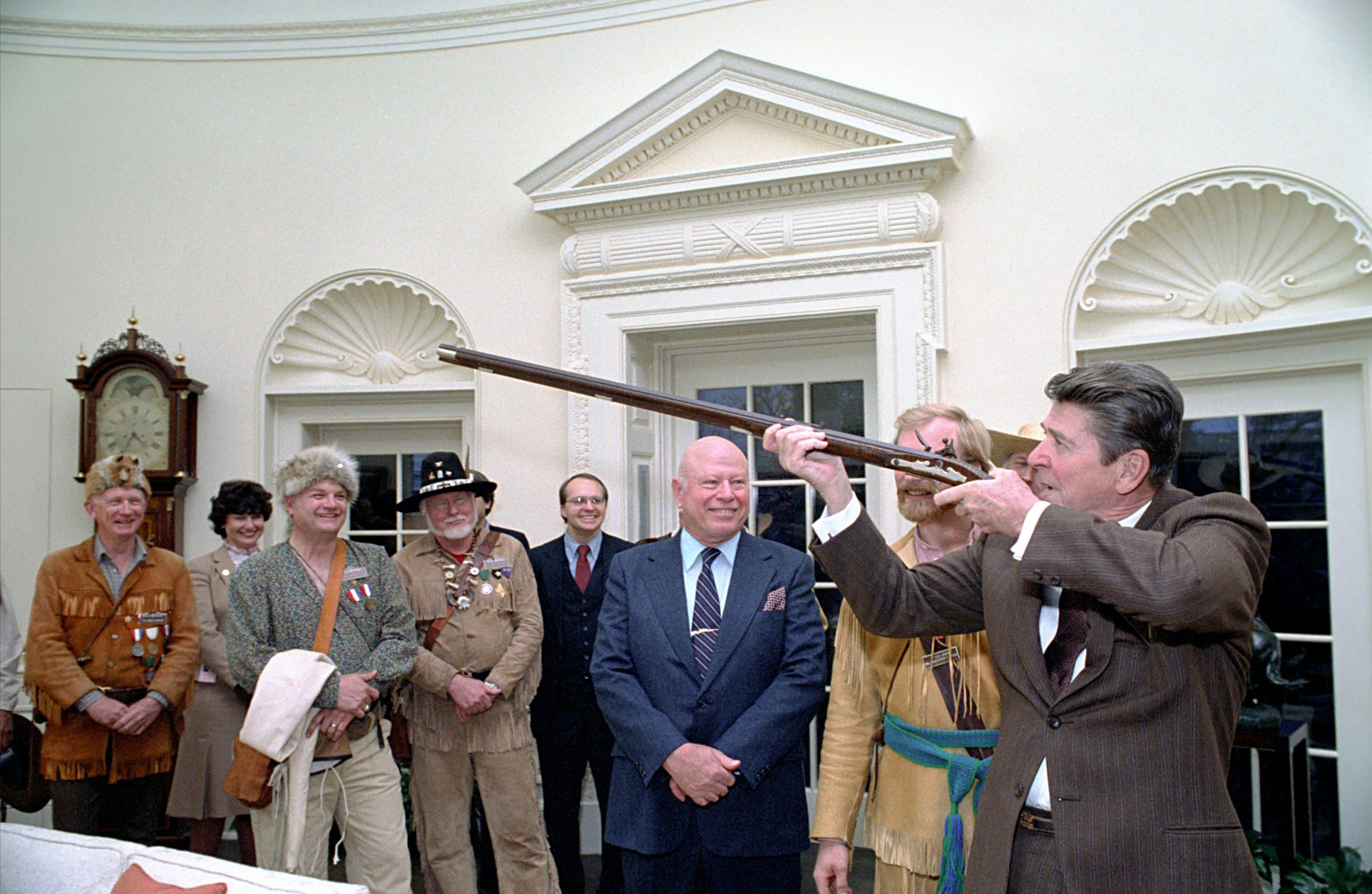
The Price of Freedom examines the National Rifle Association’s (NRA) past and how they politicized the second amendment.
“The only way to stop a bad guy with a gun is with a good guy with a gun,” NRA Executive Vice President Wayne LaPierre, December 2012.
Following the Sandy Hook tragedy, the NRA was silent for several days. And then, they finally held a press conference and well, it didn’t get any better for them. LaPierre put the blame on lack of mental health reforms and violence in movies and video games. His response was to arm every school in the country–a plan that was criticized by many, including Republicans. Young children just died and they didn’t change their stance on gun reform. Not even when two NRA-endorsed senators (Pat Toomey, Joe Manchin) came together to file a bill in the Senate would help change their stance. The bill didn’t pass by the way–Republicans, please don’t offer thoughts and prayers if you’re just going to beholden yourself when it comes to taking meaningful action.
How many shootings is too many shootings before it’s too late to enact common sense gun reform laws? Was it Sandy Hook? Parkland? But the other thing is this: how did the second amendment of the U.S. Constitution become so politicized? If most members of the NRA are hunters, wouldn’t they want common sense laws in place? Do they really need to own an assault rifle in order to go hunting? Surveys have shown that the majority of the country want common sense reforms. The numbers are no different when it comes to gun owners. It’s just that the NRA and their power over Congress is the one thing standing in the way.
Here is the text of the second amendment:
A well regulated Militia, being necessary to the security of a free State, the right of the people to keep and bear Arms, shall not be infringed.
Most interestingly, the film presents a map on screen of what sort of laws were in place in the United States before the Constitution was enacted. But it really wasn’t until the NRA changed their board and ousted everyone in their offices before things got politicized. This didn’t come about until Harlon Carter started his takeover of the NRA. Since then, they’ve managed to get people to write about the amendment in journals to where they have managed to politicize the debate to no end.
Let’s talk about gun control for a moment. You know how the NRA always claims to be against gun control? It appears that they’re not against it when it comes to discriminating against Black people. Look at what happened back in 1967 when Ronald Reagan was governor of California. The Mulford Act is introduced by Republican assemblyman Don Mulford in early 1967. It’s primary goal was to disarm members of the Black Panthers. They were armed while patrolling Oakland neighborhoods, a practice known as copwatching. What the act did was prevented loaded firearms from being carried in public. How is it okay for the NRA to take this stance in 1967 and be against any kind of reform in the 21st century?
Speaking about today, there is no reason why people need to be armed with rifles while protesting or walking the streets. None. It just reeks of white supremacy. Unfortunately, it’s a side effect of Trumpism and the kind of messages that he enabled in his rhetoric. Oh yeah, the NRA claims credit for electing him.
This film is not one of those one-sided documentaries. While one side does manage to take up a majority of the talking head time, filmmaker Judd Ehrlich wisely gets David Keene on camera. Keene is a board member and former president of the NRA. The organization has had to file for bankruptcy during the past year but one expects that they’ll be back.
This is a film that doesn’t just include journalists and politicians. It includes activists–those who lost loved ones to gun violence or were shot themselves.
The Price of Freedom is a reminder that it’s never too late to enact meaningful change.
DIRECTOR: Judd Ehrlich
FEATURING: President Bill Clinton, X González, Senator Chris Murphy, Representative Jason Crow, Representative Lucy McBath, David Keene, Fred Guttenberg, Nicole Hockley, Igor Volsky, Wes Siler




